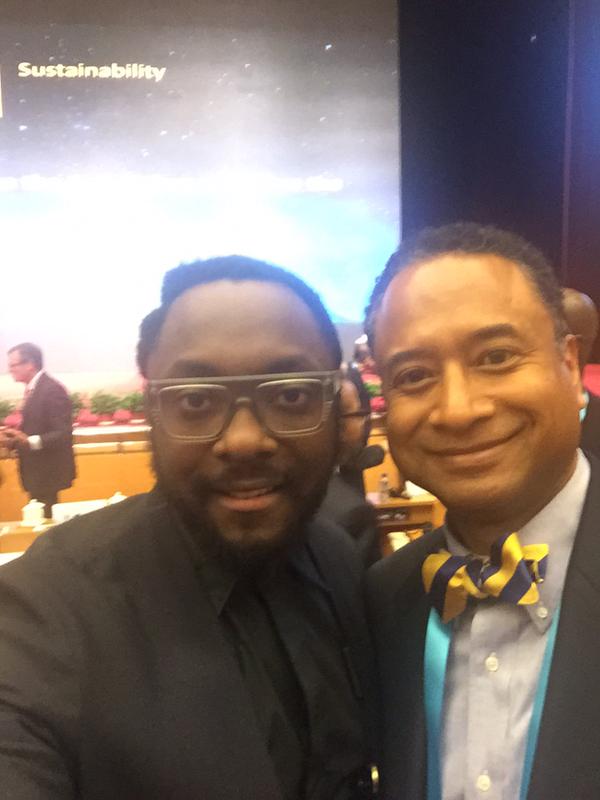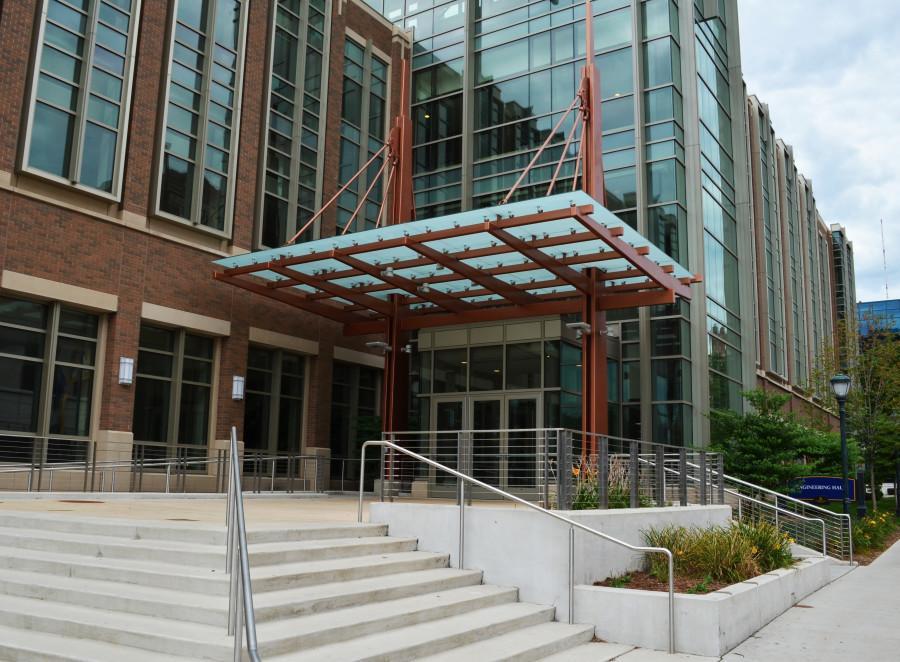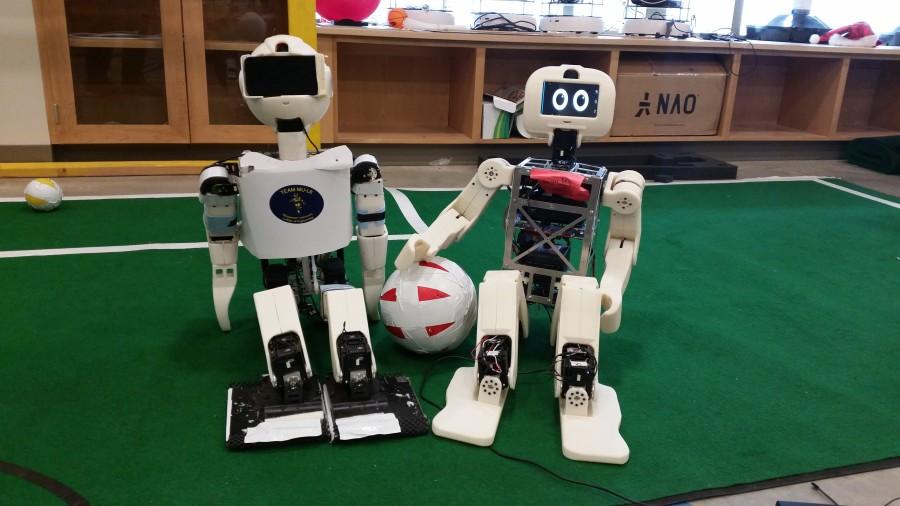
Professor in the College of Engineering Andrew Williams hopes to become a role model for minorities in technology. Williams was named one of the 50 Most Important African-Americans in Technology by BlackMoney.com.
Williams will be honored this April along with the other 49 nominees at a symposium in Washington, D.C.
“I was honored (to be recognized) because the African-American community lacks role models in the STEM (science, technology, engineering and mathematics) fields,” Williams said.
Williams said the lack of visible minority role models in the STEM fields compared to other careers contributes to the lack of minority and female engineers. He said women and minorities who graduated in the past 30 years and entered the work force are sometimes the first or only minorities or women at their jobs, which can be intimidating.
In the College of Engineering, 80 percent of students identify as white, while 17 percent identify as an ethnic minority, according to the 2013 spring semester census.
“Most people know who Bill Gates is, and some know Steve Jobs,” he said. “But it’s hard to come up with an African-American name in technology (today).”
Williams started at Marquette in 2012 and is working with students to design robots to help combat childhood obesity. Before coming to Marquette, Williams was the department chair in computer and information sciences at Spelman College in Atlanta and a research affiliate at Georgia Institute of Technology in the human automations systems lab.
Williams’ end goal is to make humanoid health coaches that will give personalized advice and do exercises with kids. Some of the robots are designed to help kids with disabilities such as brittle bone disease to learn how to play sports.
“Williams is pursuing an extremely creative, compelling and thought-provoking idea of using interactive humanoid robotics to address the emerging health issues associated with childhood obesity,” said Robert H. Bishop, the Opus dean of the College of Engineering. “The number of undergraduate students in Dr. William’s program is noteworthy as we engage our students in the process of discovery in harmony with our mission embodied in cura personalis.”
Adam Stroud, a sophomore in the College of Engineering, helped work on the robots with Williams. Last semester, Stroud and other undergraduate students helped program the robots to interact with humans and learn to play basketball.
Stroud said he enjoyed the experience of working in the lab and that the undergraduate lab research experience puts Marquette on par with other, larger universities.
“I don’t see myself as a great (future) engineer without this experience,” Stroud said.
Williams said the necessary steps for minority and female students to succeed in STEM fields can be summarized by the acronym VERB: a vision of future success, high expectations from their professors, quality resources available to them and a belief that they can succeed.
Williams, who has worked to increase the visibility and opportunities for minorities and women in engineering, is not alone in recognizing the struggles that they face.
“It is important that we in engineering higher education strive to create a place of learning that reflects – in as many dimensions as possible – the world that our graduates will experience upon graduation,” Bishop said. “Unfortunately, we have not yet painted a picture of the wonder and beauty that is engineering to all segments of society. We must fix this.”
Correction: A previous version of this article mistakenly identified Andrew Williams as chairman of the department of electrical and computer engineering. The department chairman is in fact Edwin Yaz; Williams is the John P. Raynor, S.J. distinguished chair. The Tribune regrets the error.





